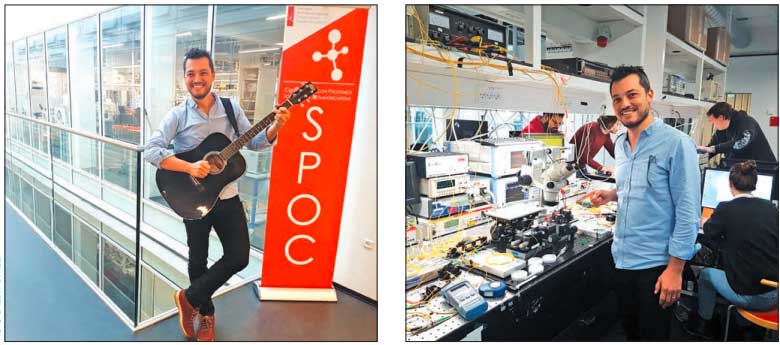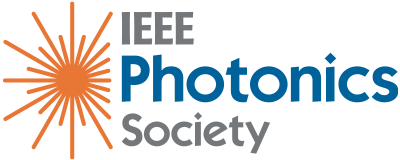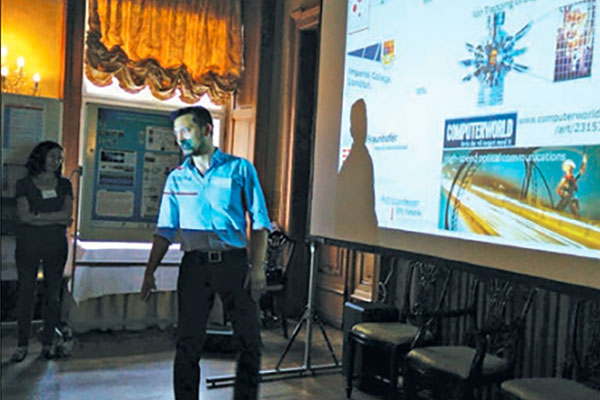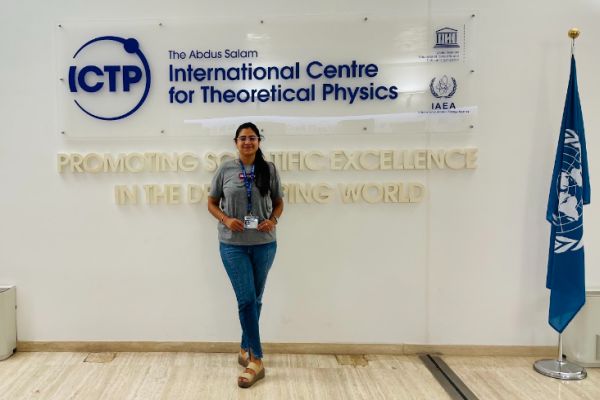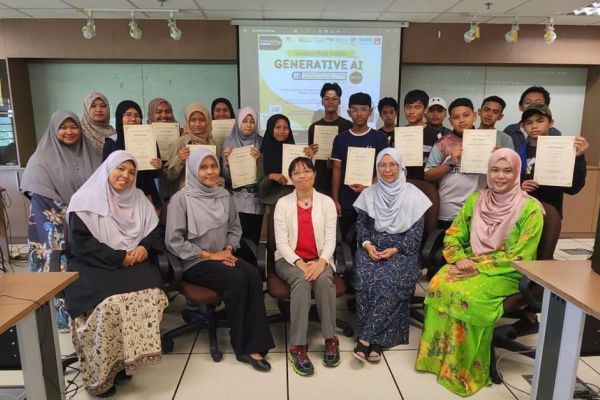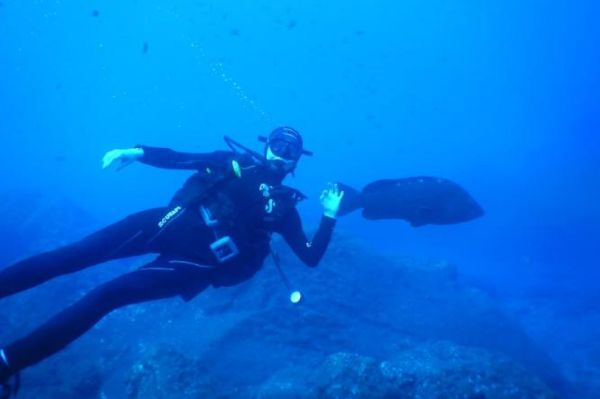By Naznin Akter
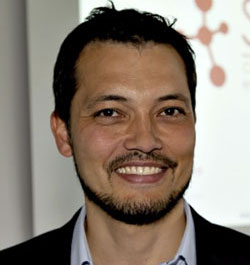
Leif Katsuo Oxenløwe, Ph.D.
DTU FOTONIK, Department of Photonics Engineering at Technical University of Denmark
Professor and Center Leader of the Research Centre of Excellence SPOC
What is Your Current Profession?
I am currently a Professor and centre leader of the Research Centre of Excellence SPOC (Silicon Photonics for Optical Communications) funded by the Danish National Research Foundation. It involves working on a wide pamphlet of scientific challenges relating to optical communications and how photonic chips may help. It is very exciting.
What Role Does Your Board of Governor Position Play for the IEEE Photonics Society? What Challenges Do You Face On Your Part?
I hope to bring the European optical communications community closer to the Photonics Society. I also sit on the management committee of the European Conference on Optical Communications (ECOC) and will thus be in a position to act as a direct link between the society and ECOC. I am around students every day, and I would like to work towards
enhancing student support to join conferences and make sure that prizes and awards are clear marks of the highest quality, and can benefit the students in their future career. I also find that society is missing out on skilled female engineers and researchers, due to gender gaps, and I will work towards changing that. I constantly work on increased visibility and public awareness of photonics and light sciences in general, by telling the good stories that we are all so excited about. I also try to help get the society in sync with and support the UN sustainable development goals and
generally support that as many of our efforts as possible should go towards reducing CO2-emission and increasing energy-efficiency of all technologies.
What Do You Want to Accomplish as a Board Member This Year/Next Year?
This year and the next are very exceptional, with COVID-19 changing everything. We cannot meet in person, which is a great hindrance for young researchers to get noticed and get to meet older established researchers. I would like to see some initiatives to keep the young researchers in the loop by online meetings with senior researchers.
Why Photonics? What Was Your “Photonics Moment” or Personal Journey Story?
I had an incredibly inspiring mentor when I was a student. Professor Nils O. Andersen from the Niels Bohr Institute at the University of Copenhagen. He had such a fire burning for atomic physics and laser optics, that he ignited inspiration in generations of students, who later went on to explore optics, lasers, photonics in many different fields. One of the attractions of optics and atomic physics is that one can make very precise measurements of very advanced intrinsic atomic behaviors, and thus learn about things we can’t even see—and mostly on an optical table, not a massive international installation, where one can easily lose sight of what one’s own contribution is. With optics, you have your own setup on a table in front of you, and you can “easily” manage to keep track of everything, and still make the most profound or record-breaking experiments—and not necessarily build setups over decades before an answer comes out. It’s very satisfying to work with optics and photonics! Anyway, the “moment” I remember that made me “hooked” was an open HeNe-laser cavity experiment I had to do as a master student at Imperial College in London (where I also had extremely inspiring teachers). We had to build the laser ourselves, and I still remember that feeling when the cavity would finally light up, after spending hours on aligning, and calculating cavity stability regions, and cleaning mirrors, etc. When the laser beam finally started to resonate inside the cavity and that bright beam lit it all up, as well as cut through the student lab to the beam blocking screen … well, I was hooked.
What About Our Society’s Mission and Work Really Motivates You?
So many things about this society are really motivating. I particularly like the aspect of caring for the young. So much emphasis is put on making the students feel welcome and get to know each other. I remember my first society annual meeting (then LEOS), where a student mixer was arranged. I got to meet other students, who were also new and trying to figure out how they could fit in and do cool research, and the Society President and others members from the Board of Governors, would come and join, and hang out with the students. These were our big research heroes, who would just casually have a chat with you. Some even went further and took some of us to the nearest Irish Pub, to make us feel even more welcome. That is a moment I will never forget – and I struggle to try to pay forward similar messages to students I meet. Heck, I even wrote a song once for the society’s students …
What Advice Would You Give Someone Going Into a Leadership Position For The First Time?
I think that it is important to not become too distant from those you lead. I realize that at some point, one needs to accept that one is no longer “one of the guys (m/f)”, and need to keep some professional distance to make cool-headed clear decisions. However, in a research environment, where most outcomes drive my enthusiasm, curiosity, and desire to change our understanding or add to it, I think it is very important to keep these values in focus, and not just give orders. Researchers need inspiration, freedom as their food for thought, i.e. to be as creative as possible. And I find that engaging in discussion about new ideas with the younger researchers is both rewarding for them and me. Finding a good balance between leading, directing, helping, and collaborating is worth striving for—and I think one can try this one’s whole life, and keep modifying it. But trying it is still useful.
What is One Characteristic That You Believe Every Leader Should Possess?
I think a good leader should realize what they are leading. A research group should not be managed the same as e.g. clerks in a bank. A research leader should be able to listen and have enough confidence to go along with other researchers’ ideas, and not just try to force one’s own through. A research leader should have a strong natural interest in science and long-term goals of science. A research leader should naturally be able to enjoy others’ success.
What is the Biggest Challenge Facing Leaders Today?
I think many research leaders are spending too much time on getting funding for their research. I do not think we get the most out of our researchers by forcing them to spend endless hours on writing research grants, rather than using the brain they have shown has the capacity to think great thoughts. I sometimes fear that good researchers lose out to good idea sellers.
